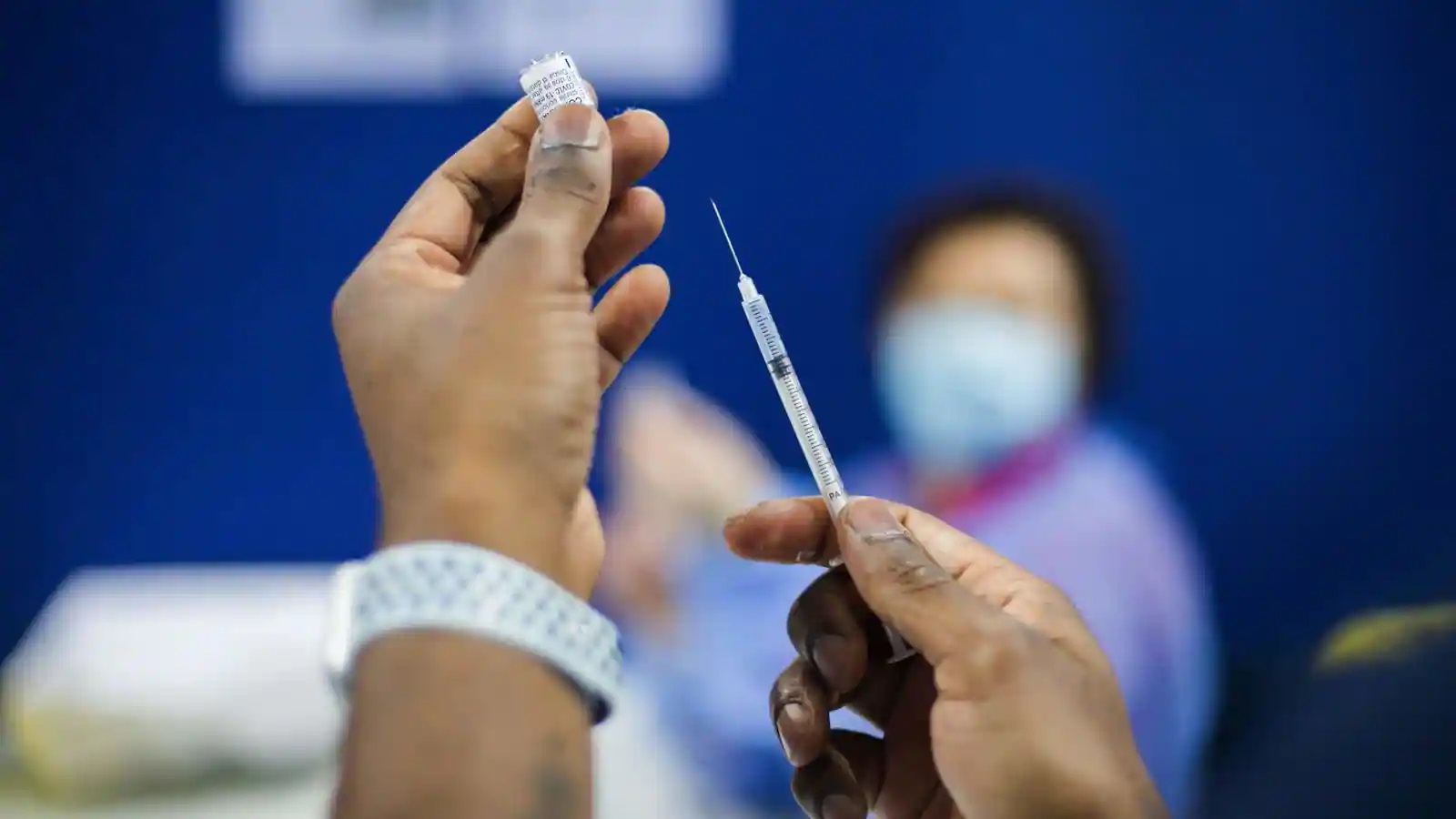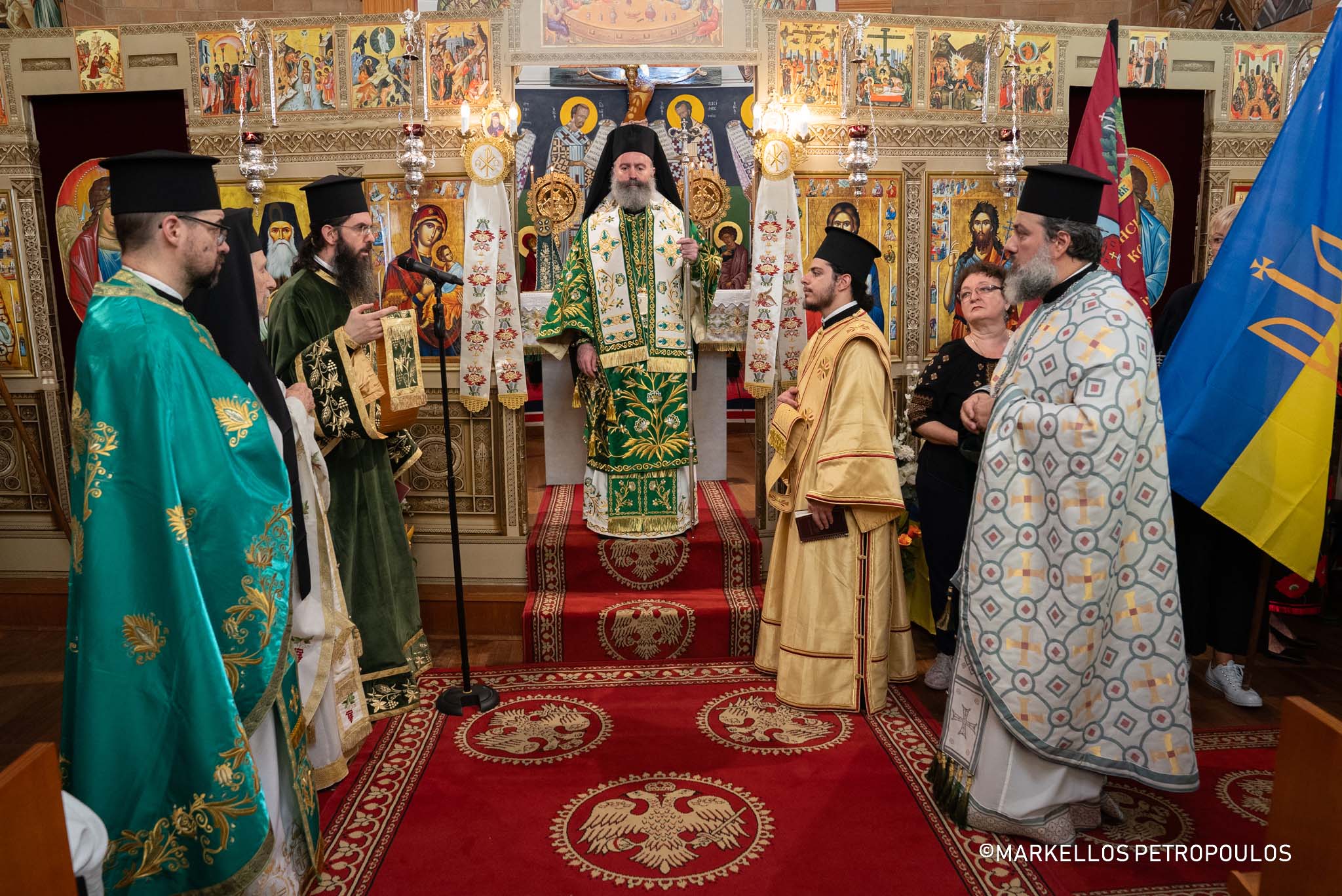Once you’ve had COVID-19 should you still get vaccinated or qualify for ‘freedoms’?

As Australia’s daily caseload of COVID-19 continues to rise, so does the percentage of its population with a natural immunity to the virus.
Governments around the country are encouraging their residents to get vaccinated, with many of us downloading vaccine passports as we eagerly await the easing of restrictions and the opening of borders.
But those with current or recent COVID-19 infections are advised to hold off getting vaccinated as questions linger with unclear answers.
Do these individuals also possess a decent level of immunity, and when should they get vaccinated? And if they do enjoy a level of natural protection, should they be able to enjoy similar ‘freedoms’ as vaccinated people?
The virus or the vaccine – which offers the greater immunity?
Both COVID-19 and the vaccine give the body white blood cells and antibodies that protect it against the virus for a time – but for how long remains unclear.
Many countries around the world still advise their citizens to get vaccinated regardless of previous infections. Authorities just can’t be sure that the protection given by the virus is enough.
The World Health Organization says 90 to 99 per cent of individuals infected with COVID-19 develop detectable antibodies within four weeks of infection. In most people, “immune responses remain robust and protective against reinfection for at least six to eight months after infection”, it says in its COVID-19 natural immunity scientific brief.
But it adds that the strength and duration of immune responses vary by age and the severity of symptoms.
Australian infectious disease experts agree that a COVID-19 infection offers a level of immunity that’s similar to a vaccine in the first few months, though it can also depend on the vaccine.
“It’s highly likely if you’ve had symptomatic COVID you’ll be ok against reinfection for six months,” said infectious disease and vaccine specialist Professor Tony Cunningham, the director of the Centre for Virus Research at the Westmead Institute of Medical Research in Sydney.
“You’ll have very good levels of response for immunity, which is as good as actually having full immunisation and a third booster.”
Professor Miles Davenport, program head of the Infection Analytics Program at the Kirby Institute of UNSW, cited a Nature Medicine study published in May comparing protection offered by vaccination and recent infection. That suggested a recent COVID-19 infection offers an individual around 90 per cent protection from a subsequent infection in the first few months. Vaccines, meanwhile, provide protection ranging from about 65 per cent to 95 per cent, depending on the vaccine.
“After this time, antibody levels to vaccine and infection drop at about the same rate, though some vaccines provide protection for longer than others,” he said.
Professor Davenport said people who get vaccinated after a previous COVID-19 infection have higher protection than those who have never been infected.
“They show a very strong boost in response to vaccination and are predicted to have a very high level of protection,” he said, citing a study on COVID variants.
“If you compare someone who was infected and gets vaccinated and someone who was not previously infected who gets vaccinated, you have between a two and 10-fold higher antibody responses if you were previously infected.”
But the Centers for Disease Control and Prevention (CDC) in the US said full vaccination may, in fact, offer better protection than the virus. It quotes one study that found unvaccinated people who already had COVID-19 were more than two times as likely than fully vaccinated people to catch the virus again.
Is getting vaccinated too early after an infection dangerous?
Health authorities and experts urge people not to seek vaccination while they are displaying symptoms of COVID-19. It’s considered to be pointless because the infection will already be creating an immune response. It also puts health workers at risk of infection.
It could also be dangerous for the infected person.
Professor Cunningham said there are suggestions of higher levels of long COVID among people who are vaccinated too early after an infection.
“There is concern you may actually increase long COVID by immunising too early, though it’s not been proven,” he said.
The Australian Technical Advisory Group on Immunisation (ATAGI) says a confirmed COVID-19 infection “is not a contraindication to vaccination”. It says there has been no evidence of safety problems in Pfizer and AstraZeneca trials among those who had been infected with COVID-19.
While people in Australia are asked if they have had COVID-19 before being given a vaccine, ATAGI says an actual test to detect a current or previous infection before vaccination is “neither necessary nor recommended”.
How long after a COVID-19 infection should a person be vaccinated?
Once again there remains a lack of definitive data on the optimal lag time between COVID-19 infection and vaccination, and the answer depends on which country you’re in.
In the US, where daily caseloads are relatively high, the CDC advises people to recover from being unwell and wait 90 days from their diagnosis before being vaccinated.
In Australia, where caseloads are lower, the wait time is longer. ATAGI recommends people wait six months after the acute illness to get vaccinated, mainly because they have a level of immunity protection that doesn’t warrant vaccination.
“Evidence suggests that past infection reduces the risk of reinfection for at least six months,” it says.
Professor Cunningham agrees the advice makes sense, adding that the greater the severity of infection, the higher level of immunity.
“Certainly you don’t need immunisation within the first six months after symptomatic COVID. Why get immunised when you don’t need to?” he said.
But, he recommended more vulnerable people who have had COVID-19 should consider getting vaccinated within six months. That includes those who are immunocompromised and those over the age of 70 because older ageing individuals develop fewer antibodies, he said.
A New South Wales Health spokesperson said an earlier vaccination post-infection could be advisable if a person has a higher level of exposure to the virus.
“There are situations where it may be reasonable to be vaccinated earlier than six months following infection, in consultation with a relevant health practitioner. For example, people working in a situation with a high risk of exposure to COVID-19 may choose to be vaccinated earlier.”
Those with long COVID who continue to display symptoms six months after diagnosis can be vaccinated on a case-by-case basis, ATAGI says.
If you have natural immunity from COVID-19, should you have the same ‘freedoms’ as the vaccinated?
Some countries around the world believe those with natural immunity and vaccine protection should enjoy equal ‘freedoms’.
The EU vaccine passport, which is being introduced across all 27 member nations, can be issued if someone has been vaccinated, recently had a negative COVID-19 test or recently recovered from the virus. Anyone holding the certificate can be exempt from testing or quarantining when crossing an EU border.
Earlier this year, Israel introduced a vaccine pass that requires people to show proof of either vaccination or recently having had the virus.
But in Australia, the talk is around vaccination passports, not immunity passports. There has been no promise of eased restrictions for those with natural protection.
Doherty Institute modelling suggests everyone in Australia – regardless of vaccination status – will have access to ‘freedoms’ when the country reaches its vaccination target of 70 to 80 per cent of those aged 16 and over.
But while modelling offers scenarios and potential outcomes, it’s up to individual governments to decide on policy.
Federal Tourism Minister Dan Tehan has been pushing the idea of vaccine passports and has said he’s in favour of giving more ‘freedoms’ to the vaccinated to encourage more people to get the vaccine.
“Enabling people to be able to move freely, initially within our own country, and then potentially once we open up, to be able to move more freely overseas, I think is another very good incentive as to why Australians should want to get vaccinated,” he said in June.
It’s an opinion shared by NSW Premier Gladys Berejiklian. Residents in the state are eyeing a loosening of restrictions in the coming weeks as it reaches its projected 80 per cent vaccination target, but Ms Berejiklian has made it clear the extra ‘freedoms’ will be just for the vaccinated.
“I want to say it clearly, that if you’re not vaccinated, you will not have the ‘freedom’ or the ‘freedoms’ that vaccinated people have,” she said on 13 September.
Nevertheless, an NSW Health spokesperson has confirmed to SBS News that authorities are also considering ‘freedoms’ for those with natural immunity.
“The finer details of the roadmap are currently being worked through and NSW Health is looking at the exemptions that should apply to persons who have previously been diagnosed with COVID-19,” they said.
SBS News has also contacted ATAGI and Victorian health authorities for comment on immunity passports for those post-infection.
The WHO says while it’s clear the virus offers some immunity, its level is hard to determine.
“Tests may falsely indicate infected individuals as not previously infected or may falsely label non-infected people as positive for immune markers of recent infection … To conclude, available tests and current knowledge do not tell us about the duration of immunity and protection against reinfection.”
The potential of new variants to evade immunity – either by infection or vaccination – further complicates the picture.
Professor Cunningham said as time goes on, more and more people in Australia who have had COVID-19 will be vaccinated, so the focus will move from their previous infection to when they can access a booster shot.
“Everyone who has had COVID will be immunised, so it’s only a matter of time,” he said.
In the meantime, it will be down to governments to decide what ‘freedoms’ are offered to those with natural immunity.
“There’s a whole range of issues that are yet to be fought out on that,” he said.
“That’s not science; that’s politics.”
Source: sbs.com.au




